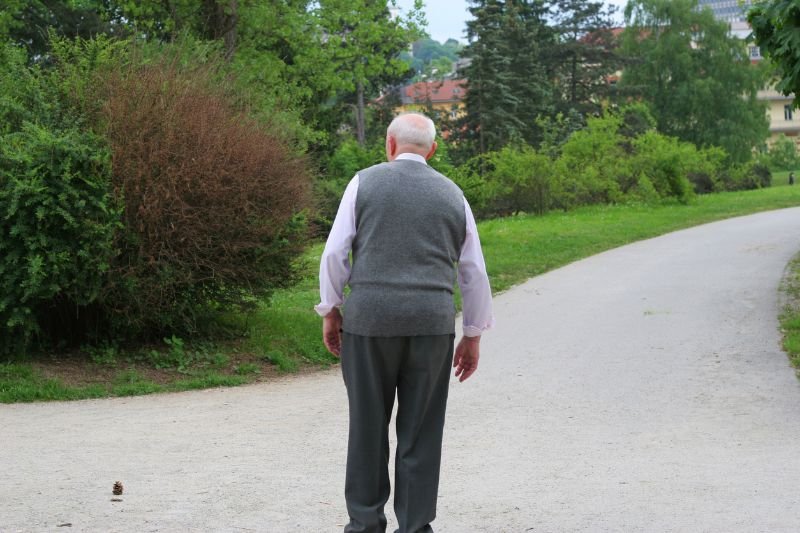From the desk of Rosemary Laird, MD
Founder of Navigating Aging Needs (NAN), LLC

Coping with Wandering
As I thought about the celestial jolts that contribute to wandering, I found myself thinking about another form of wandering that can impact the safety of a loved one with Alzheimer's disease. Your loved one, perhaps feeling agitated, restless, and disoriented because of the progression of their disease, may suddenly walk out of the house and begin walking through the neighborhood. They may be triggered by memories of the past—thinking that they are going to work, for instance—or believe that they are searching for someone or something that is missing.

The Dangers of Wandering
One of the more challenging aspects of caring for a loved one suffering from Alzheimer’s is the behavior known as wandering. The illness can change aspects of thinking that keep a person oriented and aware, and so your loved one may simply leave the house, lose their bearings, and end up wandering through the neighborhood without any specific purpose or destination in mind.

Safe Home!
As Alzheimer’s disease erodes your loved one’s memory, their perception of what they see, and their reasoning powers, a house can become a far more hazardous place for them to be. But with the right changes to the environment you can make their home far safer, and give your loved one a greater sense of security and independence.

Thanks, Partner!
The hard work you are doing, every day, is truly making a difference, and paying off in better outcomes for your loved ones

Is It Safe To Leave My Loved One Alone?
One of the biggest responsibilities that comes with caring for a loved one with Alzheimer's disease is keeping them safe. This can be challenging as Alzheimer’s is a progressive disease, and so it can be hard to know when your loved one’s capabilities have declined to the point that you can no longer leave them alone by themselves in the house while you run an errand, for example, without risking a safety hazard.

Managing Difficult Behaviors
Some of caregivers’ greatest challenges come from the mood, personality, and behavior changes that occur as Alzheimer’s progresses. We recommend handling these situations with a clear understanding that this behavior is not directed at you, but rather is caused by the biological impact of your loved one’s Alzheimer’s disease on their brain.

